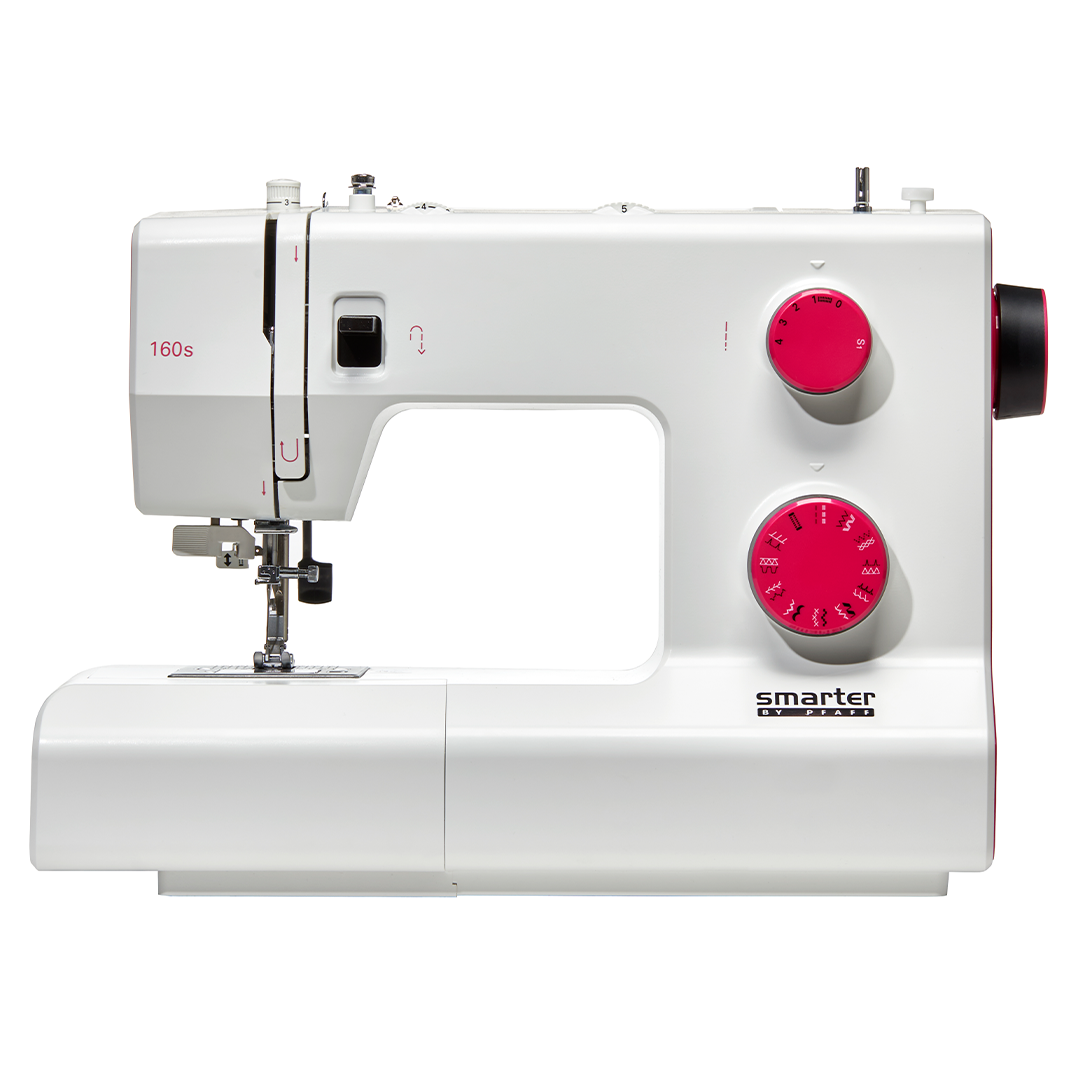How to Import Delivery Trucks into Nigeria
How to Import Delivery Trucks into Nigeria
The process for importing delivery trucks into Nigeria is rather lengthy. It’s important to know the import laws and procedures for this country in order to facilitate the process. The process starts by obtaining a Nigerian Customs Clearance Certificate. This certificate must be obtained before the vehicle can enter the country. There are several types of cargo that are exempt from duties if they are imported, so it may be advantageous for you to use one of these exemptions when importing your shipment. You’ll also need to have a valid Nigerian commercial invoice or bill of lading during this process. These documents can be obtained by either printing them out or providing them via email attachment. The final step is to submit your application for importation to Nigeria’s Ministry of Foreign Affairs (Nigeria MFA) and wait for approval.
Importing into Nigeria
As a business owner, you should know that there are certain import laws and procedures for Nigeria. The first thing to do is obtain a Nigerian Customs Clearance Certificate. This certificate must be obtained before the vehicle can enter the country. In order to facilitate the process, it’s important to understand which types of cargo are exempt from duties when imported into Nigeria. One type of exemption includes using a standard bill of lading or commercial invoice. You’ll also need to submit this application for importation to Nigeria’s Ministry of Foreign Affairs (Nigeria MFA) and wait for approval.
How to Obtain Nigerian Customs Clearance Certificate
The process for importing delivery trucks into Nigeria is rather lengthy. It’s important to know the import laws and procedures for this country in order to facilitate the process. The process starts by obtaining a Nigerian Customs Clearance Certificate. This certificate must be obtained before the vehicle can enter the country.
There are several types of cargo that are exempt from duties if they are imported, so it may be advantageous for you to use one of these exemptions when importing your shipment. You’ll also need to have a valid Nigerian commercial invoice or bill of lading during this process. These documents can be obtained by either printing them out or providing them via email attachment.
The final step is to submit your application for importation to Nigeria’s Ministry of Foreign Affairs (Nigeria MFA) and wait for approval.
What Is Included in a Nigerian Customs Clearance Certificate?
In order to import any type of vehicle into Nigeria, a Nigerian Customs Clearance Certificate is required. This certificate must be obtained before the vehicle can enter the country. The certificate is done through an online process and more information on this can be found on the website for Nigeria’s Customs Service.
The requirements for a Nigerian Customs Clearance Certificate are as follows:
– The model and serial number of the vehicle
– The name of the owner
– A description of the vehicle
– A declaration from the importer that the vehicle will not be sold or sent abroad during its stay in Nigeria
– A declaration from the importer that he will not dispose of any part of it during its stay in Nigeria
Commercial Invoice and Bill of Lade Requirements
One of the main documents needed to import a vehicle is a commercial invoice. This document will detail the items being imported, how they are classified, and their value. You’ll also need your Bill of Lade, which is an important document that proves ownership, such as when you’re shipping your own vehicle to Nigeria for personal use.
The Nigerian Customs Clearance Certificate is required before importing your shipment and must be obtained before entering the country. There are several types of cargo that are exempt from duties when imported; it may be advantageous for you to use one of these exemptions. The last step in this process is to submit your application for importation to Nigeria’s Ministry of Foreign Affairs (Nigeria MFA) and hope for approval.
How to Apply for Import Permission from the Ministry of Foreign Affairs
When importing a shipment into Nigeria, you’ll need to apply for permission from the Ministry of Foreign Affairs. The Nigerian MFA is the governing body that handles all imports and exports in Nigeria. You can submit an application by filling out a form on their website or by emailing them directly. In your application, be sure to include the following:
-The name of the imported goods
-The quantity of goods being imported
-The description of the imported goods
-The purpose of importing the goods
-Invoices or bills of lading from shipping company
-Any other documents required for importation








LEAVE A COMMENT
You must be logged in to post a comment.